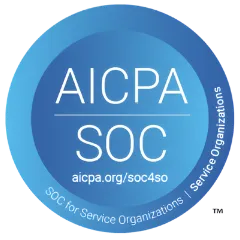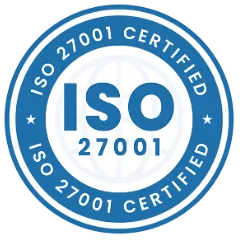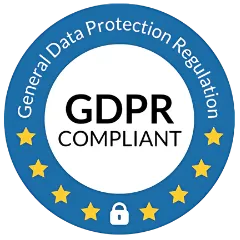Asset management is a crucial aspect of any business, ensuring that resources are efficiently utilized, well-maintained, and properly allocated. An asset reservation system plays a significant role in this process. This blog post will explore the importance of asset reservation systems, their key features, and tips for choosing the right system for your business.
What Is an Asset Reservation System?
An asset reservation system is a software solution designed to manage and track the allocation and usage of assets within an organization. This system allows employees to reserve equipment, facilities, or other resources in advance, ensuring that they are available when needed and reducing conflicts over resource use.
By requiring reservations to use certain assets, businesses can maintain better control over their inventory, reduce downtime, and improve overall productivity. This system is particularly useful in environments where multiple employees need access to the same resources, such as in offices, manufacturing plants, or educational institutions.
What Does an Asset Reservation System Do?
An asset reservation system streamlines the process of booking and managing assets within an organization. It helps in scheduling, tracking usage, and ensuring the availability of assets when needed. This system also provides detailed reports on asset utilization, aiding in better decision-making and resource planning.
What Is the Importance of an Asset Reservation System in Your Business?
The importance of an asset reservation system in your business cannot be overstated. Here are a few reasons why implementing such a system is crucial, along with examples of industries where it is used, how it is utilized, and why it is essential.
Optimized Resource Utilization
- How It Works: An asset reservation system ensures that assets are utilized to their fullest potential. By preventing double bookings and tracking usage, businesses can avoid unnecessary purchases and better allocate their existing resources.
- Example: In the media and entertainment industry, equipment such as cameras, lighting, and sound systems are often shared among multiple projects. An asset reservation system helps production companies ensure that these critical pieces of equipment are available when needed, optimizing their usage and reducing conflicts.
Reduced Downtime
- How It Works: By enabling employees to reserve assets in advance, businesses can minimize downtime. This is especially important in industries where time is a critical factor, such as manufacturing, construction, and event management.
- Example: In the event management industry, equipment like stages, sound systems, and lighting rigs are essential for various events. An asset reservation system allows event planners to schedule the use of these items efficiently, ensuring they are available precisely when needed, thus avoiding event delays and increasing productivity.
Enhanced Accountability
- How It Works: With an asset reservation system, businesses can track who is using which assets and for how long. This accountability helps in reducing misuse and ensuring that assets are returned in good condition.
- Example: In the education sector, audiovisual equipment, laptops, and laboratory instruments are frequently shared among students and faculty. An asset reservation system helps track the usage of these items, ensuring they are returned on time and in good condition, thereby maintaining the availability and longevity of the assets.
Improved Maintenance
- How It Works: Regular usage data provided by the system helps in scheduling preventive maintenance. This ensures that assets are always in optimal condition and reduces the likelihood of unexpected breakdowns.
- Example: In corporate settings, IT equipment such as projectors, conference room facilities, and company vehicles are often reserved for meetings and business trips. An asset reservation system can track usage patterns and schedule regular maintenance, ensuring that these assets are always in good working condition and reducing the risk of technical issues during important events.
Industry Examples
- Healthcare: Hospitals and clinics use asset reservation systems to manage the scheduling and use of medical equipment, operating rooms, and patient transport vehicles. This ensures that critical resources are available when needed, improving patient care and operational efficiency.
- Construction: Construction companies use asset reservation systems to schedule and allocate heavy machinery and tools across multiple projects. This optimizes equipment use, reduces idle time, and ensures that projects stay on schedule.
- Education: Schools and universities use asset reservation systems to manage the booking of classrooms, laboratory equipment, and library resources. This improves resource availability and ensures that educational activities run smoothly.
- Corporate Sector: Businesses use asset reservation systems to manage meeting rooms, IT equipment, and company vehicles. This enhances workplace efficiency by ensuring that necessary resources are available and well-maintained.
- Media and Entertainment: Production companies, film studios, and event organizers use asset reservation systems to manage the booking of cameras, lighting, sound equipment, and venues. This ensures that all necessary assets are available and in good condition, contributing to the success of projects and events.
- Event Management: Event organizers use asset reservation systems to schedule venues, audiovisual equipment, and event props. This ensures that all necessary assets are available and in good condition, contributing to the success of events.
Implementing an asset reservation system can significantly enhance the efficiency and productivity of your business by optimizing resource utilization, reducing downtime, and improving accountability. By understanding the specific needs of your industry and leveraging the capabilities of an asset reservation system, you can ensure that your business operations run smoothly and efficiently.
What Are the Key Features of an Asset Reservation System?
When considering an asset reservation system, it is important to look for features that ensure efficient and effective management of assets. Asset Infinity’s asset reservation system offers a range of robust features that cater to various business needs. Here are the key features and why they are important:
User-Friendly Interface
- How It Works: A user-friendly interface allows employees to quickly and easily reserve assets without the need for extensive training. The intuitive design simplifies the booking process, making it accessible to all users regardless of their technical proficiency.
- Why It’s Important: Ease of use is crucial for widespread adoption of the system within the organization. A simple, clear interface reduces the learning curve and encourages consistent use, which in turn improves overall asset management efficiency. Asset Infinity ensures that its interface is designed with the end-user in mind, providing a seamless experience.
Real-Time Availability
- How It Works: Real-time availability features provide up-to-the-minute information on the status of all assets. Users can see which assets are currently reserved, which are available, and when they will be free for future use.
- Why It’s Important: Knowing the real-time status of assets helps in making informed decisions, avoiding conflicts, and ensuring that critical resources are available when needed. This feature is particularly valuable in environments where assets are in high demand. Asset Infinity’s system ensures accurate and immediate updates, preventing double bookings and enhancing resource planning.
Automated Scheduling
- How It Works: Automated scheduling allows users to set up recurring reservations and manage booking conflicts efficiently. The system can automatically alert users of overlapping bookings and suggest alternative times.
- Why It’s Important: Automation reduces the administrative burden on employees and minimizes human error in scheduling. It ensures that assets are booked efficiently and are available when required, thereby improving productivity. Asset Infinity’s automated scheduling feature streamlines the reservation process, saving time and reducing the potential for scheduling errors.
Comprehensive Reporting
- How It Works: Comprehensive reporting features provide detailed insights into asset usage, reservation history, and maintenance schedules. Reports can be customized to meet specific business needs and can be generated periodically or on-demand.
- Why It’s Important: Detailed reports help in analyzing asset utilization patterns, identifying underused or overused assets, and making data-driven decisions for resource allocation and maintenance planning. Asset Infinity offers robust reporting capabilities, enabling businesses to optimize their asset management strategies.
Integration Capabilities
- How It Works: Integration capabilities allow the asset reservation system to work seamlessly with other enterprise software solutions, such as inventory management, maintenance management, and financial systems.
- Why It’s Important: Integration ensures a smooth workflow across different business processes, reducing duplication of effort and improving overall efficiency. It enables a holistic view of asset management and enhances decision-making. Asset Infinity’s system is designed to integrate easily with other tools, providing a cohesive and streamlined experience.
Mobile Access
- How It Works: Mobile access features enable users to make and manage reservations on the go using their smartphones or tablets. The system is optimized for mobile devices, ensuring a smooth and responsive experience.
- Why It’s Important: In today’s fast-paced work environment, having mobile access to the asset reservation system is essential. It allows employees to book and track assets anytime, anywhere, improving flexibility and responsiveness. Asset Infinity’s mobile-friendly platform ensures that users can manage assets conveniently, even when they are away from their desks.
Notification and Alerts
- How It Works: Notification and alert features keep users informed about upcoming reservations, asset availability, and maintenance schedules through automated emails or SMS alerts.
- Why It’s Important: Timely notifications help in preventing missed reservations, ensuring that assets are utilized efficiently. Alerts for maintenance schedules ensure that assets are serviced regularly, reducing the risk of unexpected breakdowns. Asset Infinity’s system provides customizable notification settings, keeping all stakeholders informed and engaged.
Customization Options
- How It Works: Customization options allow businesses to tailor the asset reservation system to meet their specific needs. This includes custom fields, workflows, and reservation rules that align with organizational policies
- Why It’s Important: Every business has unique requirements, and a one-size-fits-all approach may not be effective. Customization ensures that the system fits seamlessly into the existing processes and addresses specific challenges faced by the organization. Asset Infinity’s flexible platform allows for extensive customization, ensuring that the system supports your business goals effectively.
Implementing these key features ensures that your asset reservation system is efficient, user-friendly, and capable of meeting your business needs. Asset Infinity’s comprehensive and customizable asset reservation solution helps businesses optimize resource utilization, reduce downtime, and enhance overall productivity. By choosing a system with these features, you can ensure that your assets are managed effectively and are always available when needed.
Tips for Choosing an Asset Reservation System
When selecting an asset reservation system for your business, consider the following tips:
- Assess Your Needs: Understand the specific requirements of your business, including the types of assets that need to be managed and the volume of reservations expected.
- Evaluate Features: Look for a system that offers the features most relevant to your business needs, such as automated scheduling, real-time availability, and comprehensive reporting.
- Check for Scalability: Ensure that the system can grow with your business, accommodating an increasing number of assets and users without compromising performance.
- Consider User Experience: Choose a system with a user-friendly interface and robust customer support to ensure smooth implementation and ongoing usability.
- Review Integration Options: Verify that the system can integrate with your existing software solutions to streamline operations and improve efficiency.
- Compare Costs: Evaluate the cost of the system against the benefits it offers, ensuring that it provides good value for money.
Asset Reservation System Frequently Asked Questions (FAQs)
What is the main purpose of the reservation system?
The main purpose of a reservation system is to manage and streamline the booking of assets or resources, ensuring their optimal utilization and reducing conflicts over their usage.
What is the definition of reservation systems?
Reservation systems are software solutions designed to facilitate the booking and management of resources, such as equipment, facilities, or services, by allowing users to reserve them in advance.
How does an asset reservation system track reservations?
An asset reservation system tracks reservations by maintaining a database of all booked assets, including details such as the user, duration, and purpose of the reservation. This data is updated in real-time, providing accurate information on asset availability.
Can an asset reservation system integrate with other business software?
Yes, many asset reservation systems offer integration capabilities with other business software, such as inventory management, maintenance, and financial systems, to provide a seamless workflow and improve overall efficiency.
What are the benefits of using a mobile-friendly asset reservation system?
A mobile-friendly asset reservation system allows employees to make reservations on the go, improving convenience and accessibility. This feature is particularly useful for businesses with remote or field-based employees who need to reserve assets while away from the office.
Implementing an asset reservation system can significantly enhance the efficiency and productivity of your business by optimizing resource utilization, reducing downtime, and improving accountability. By carefully evaluating your needs and considering the key features and tips outlined in this blog post, you can choose the right system to meet your business requirements.

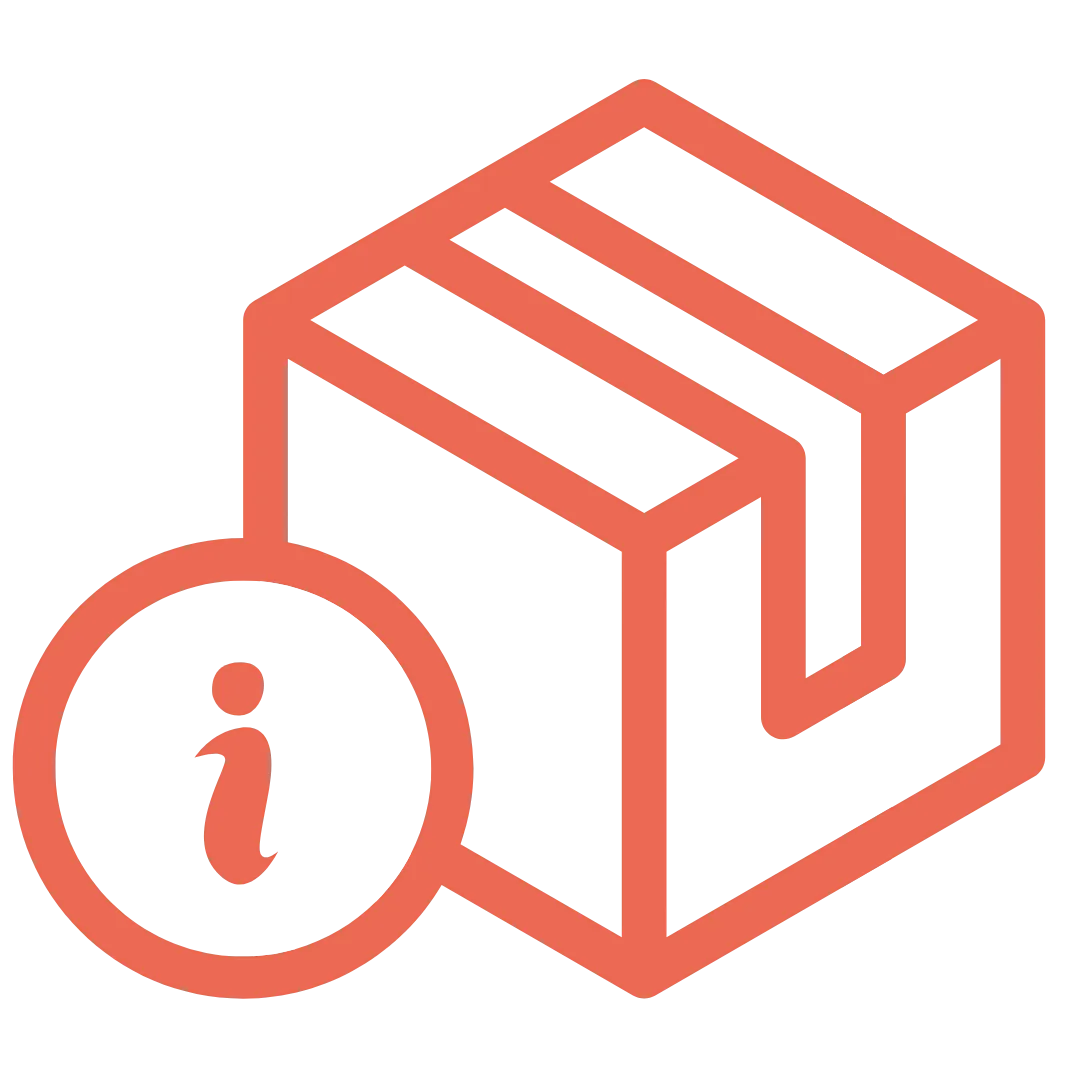
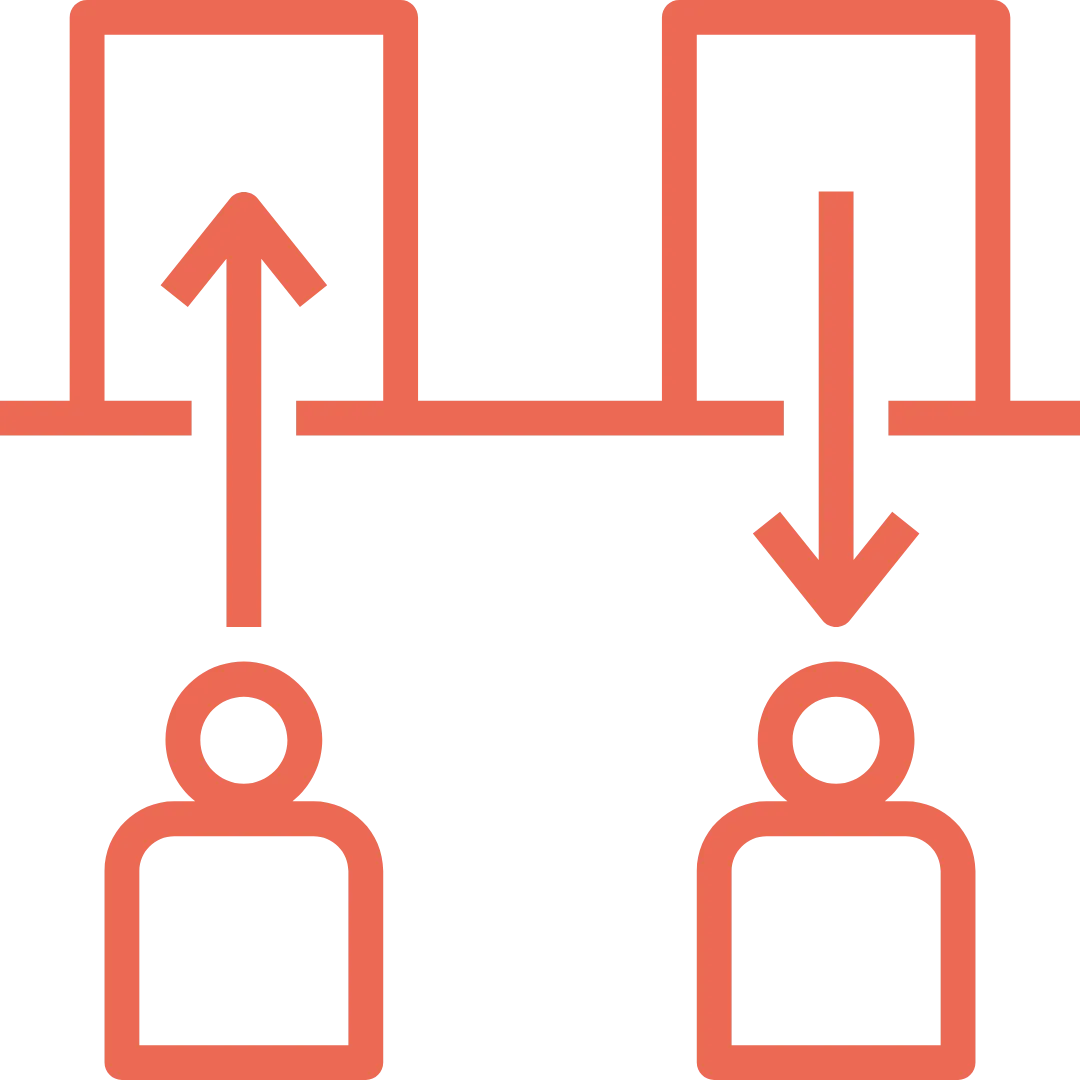
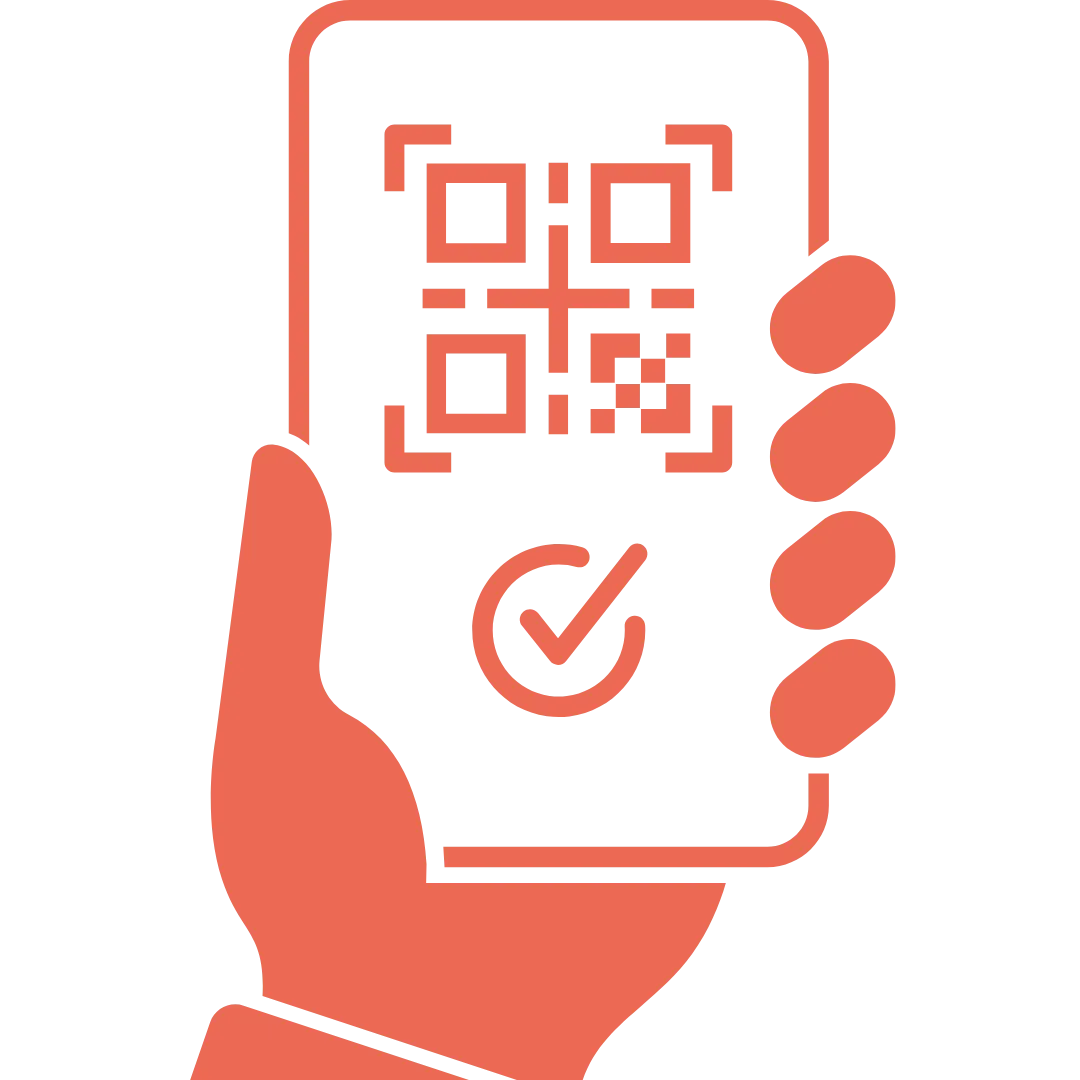





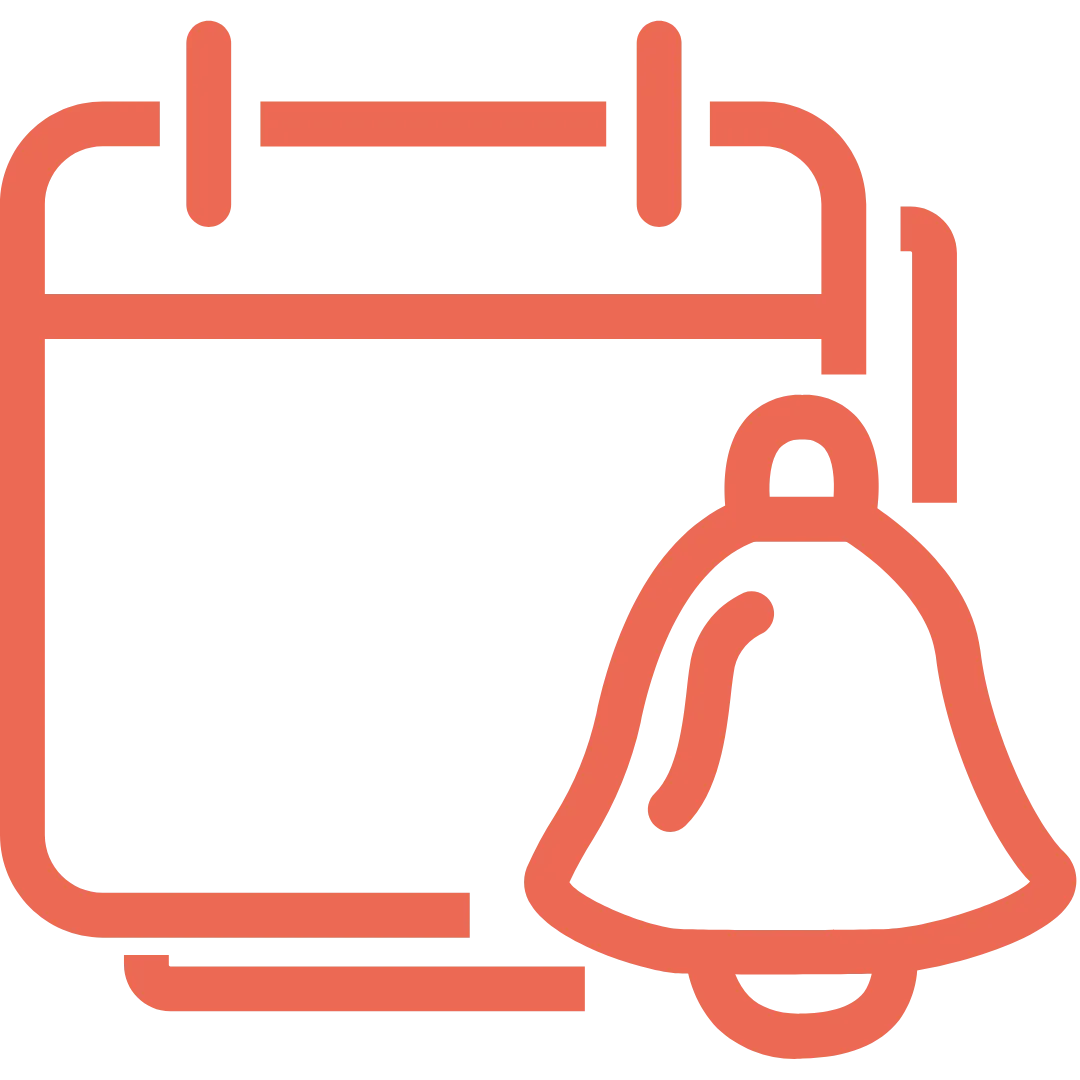
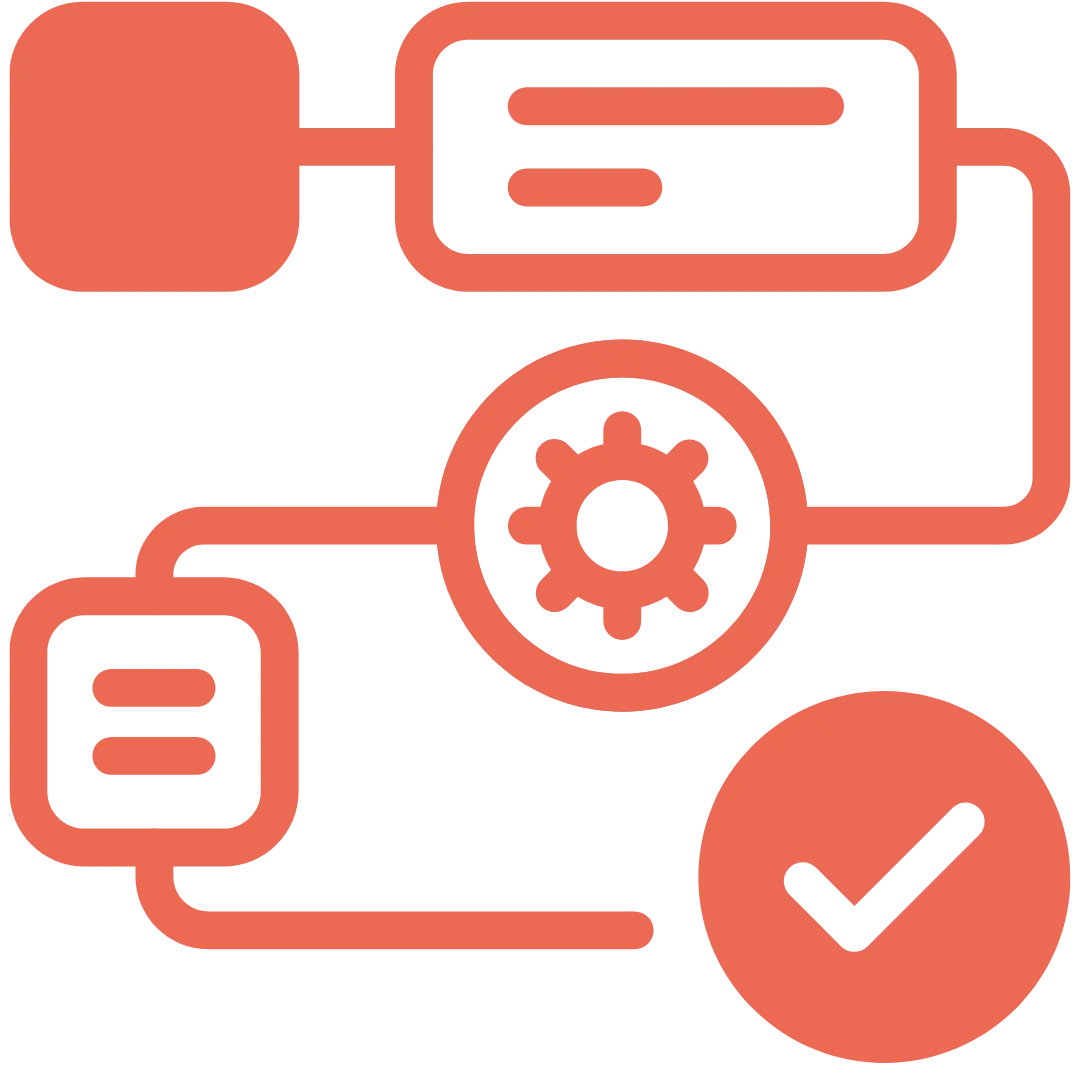
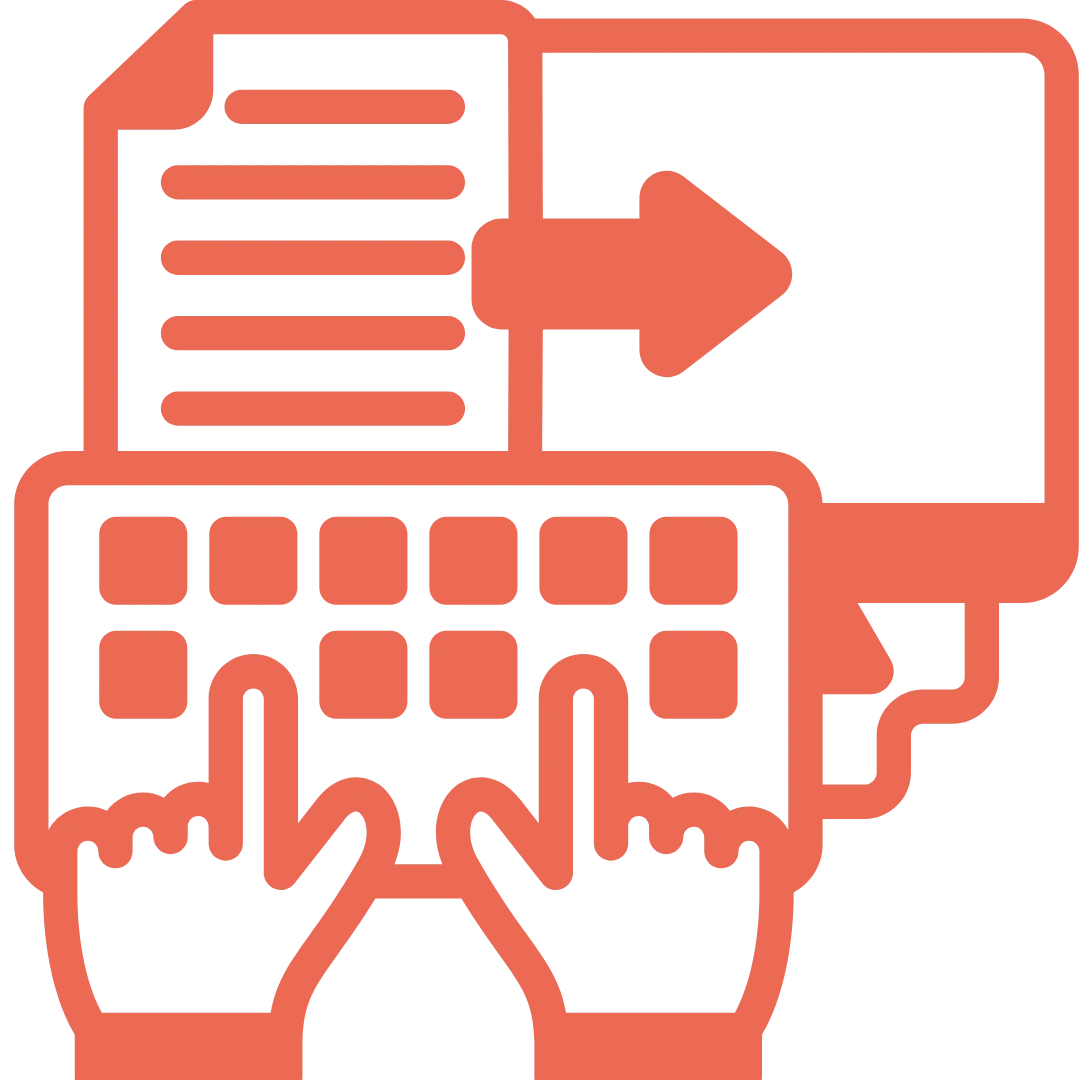
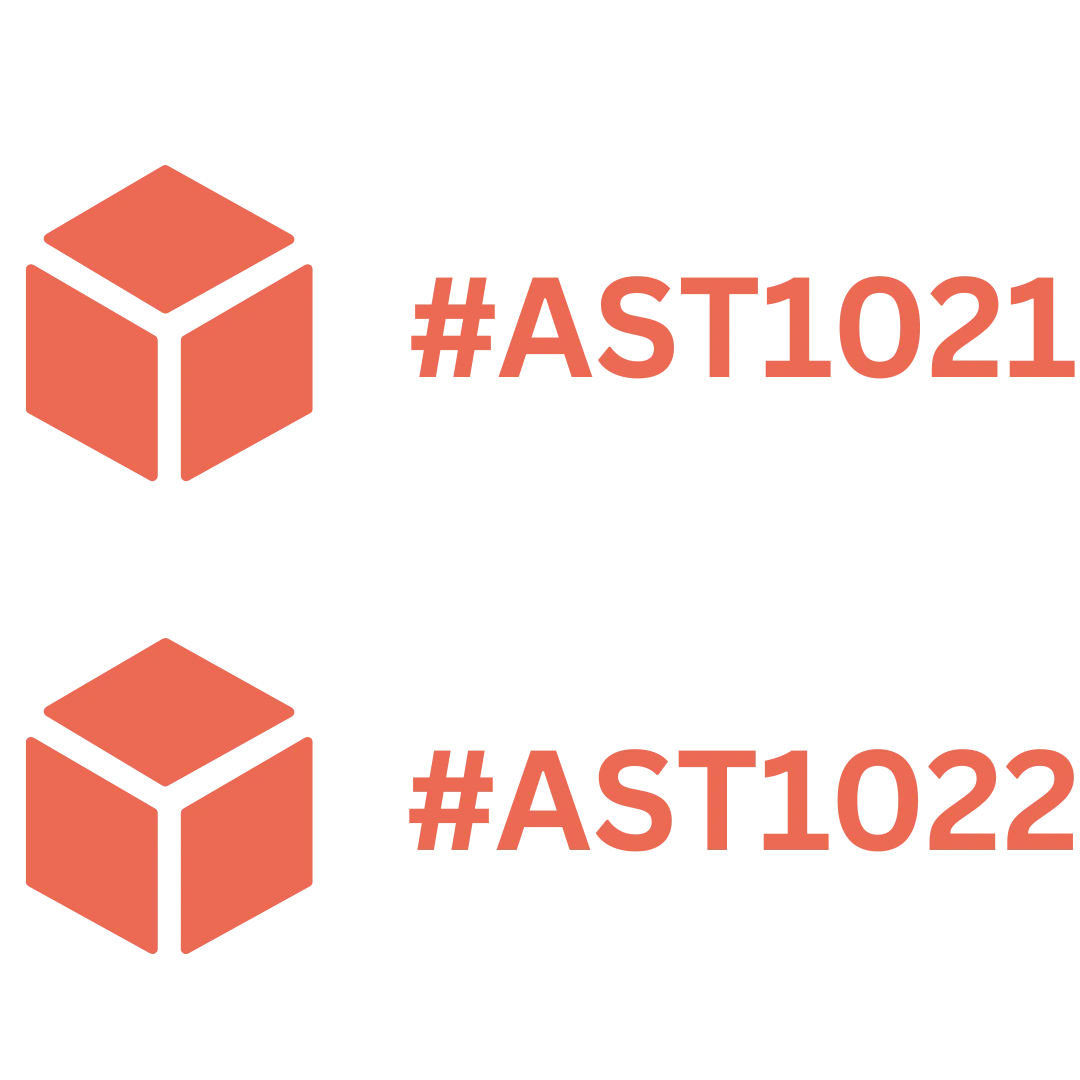
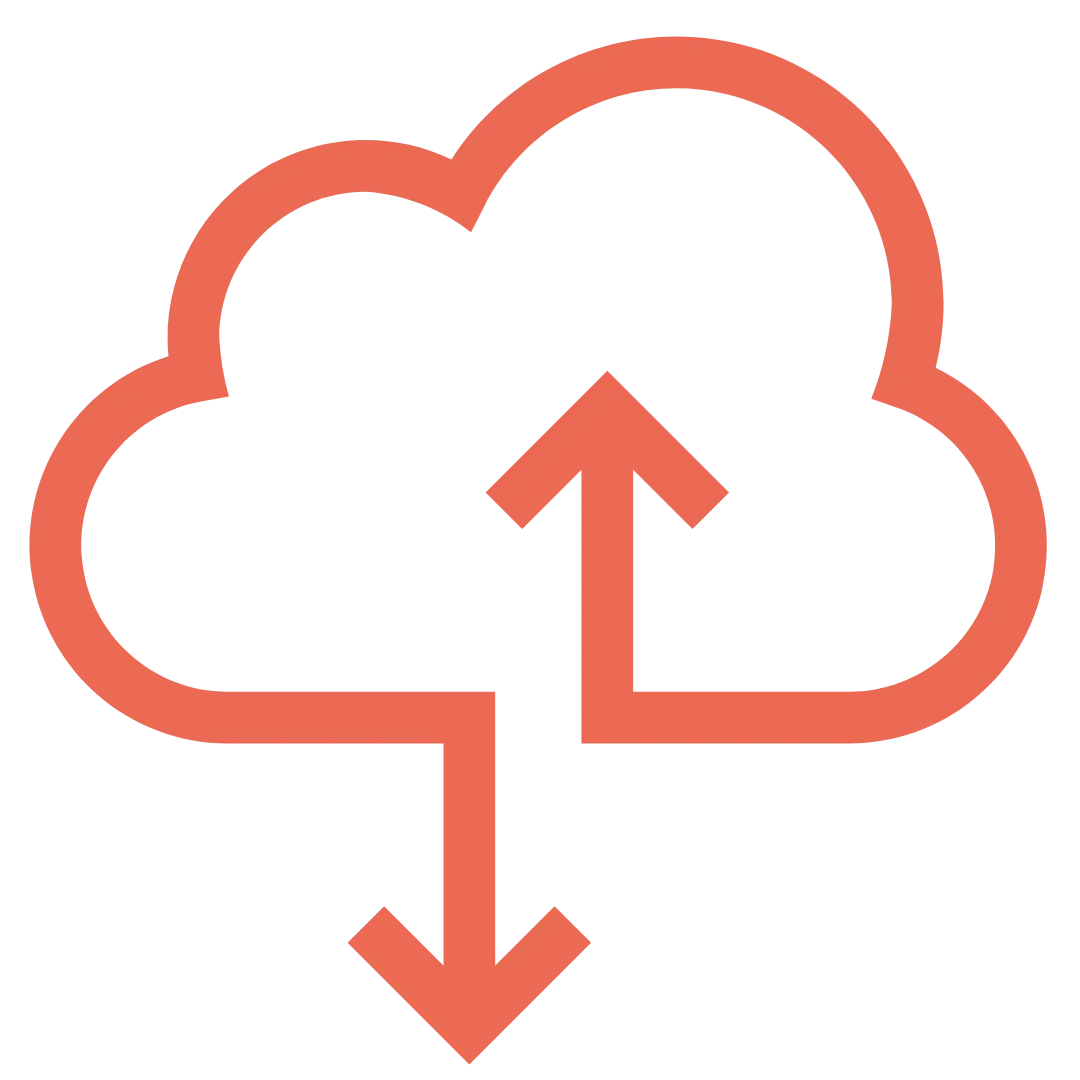
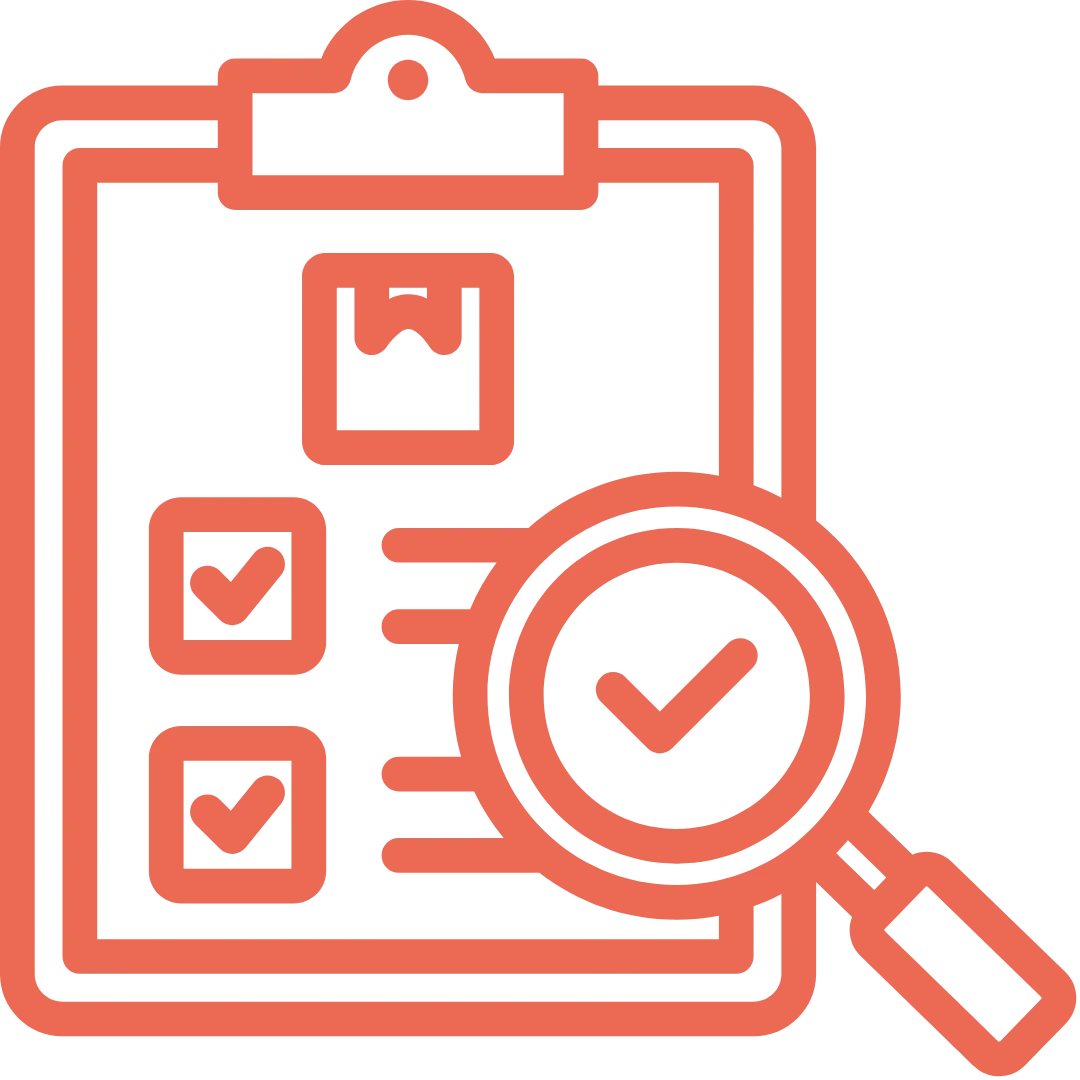
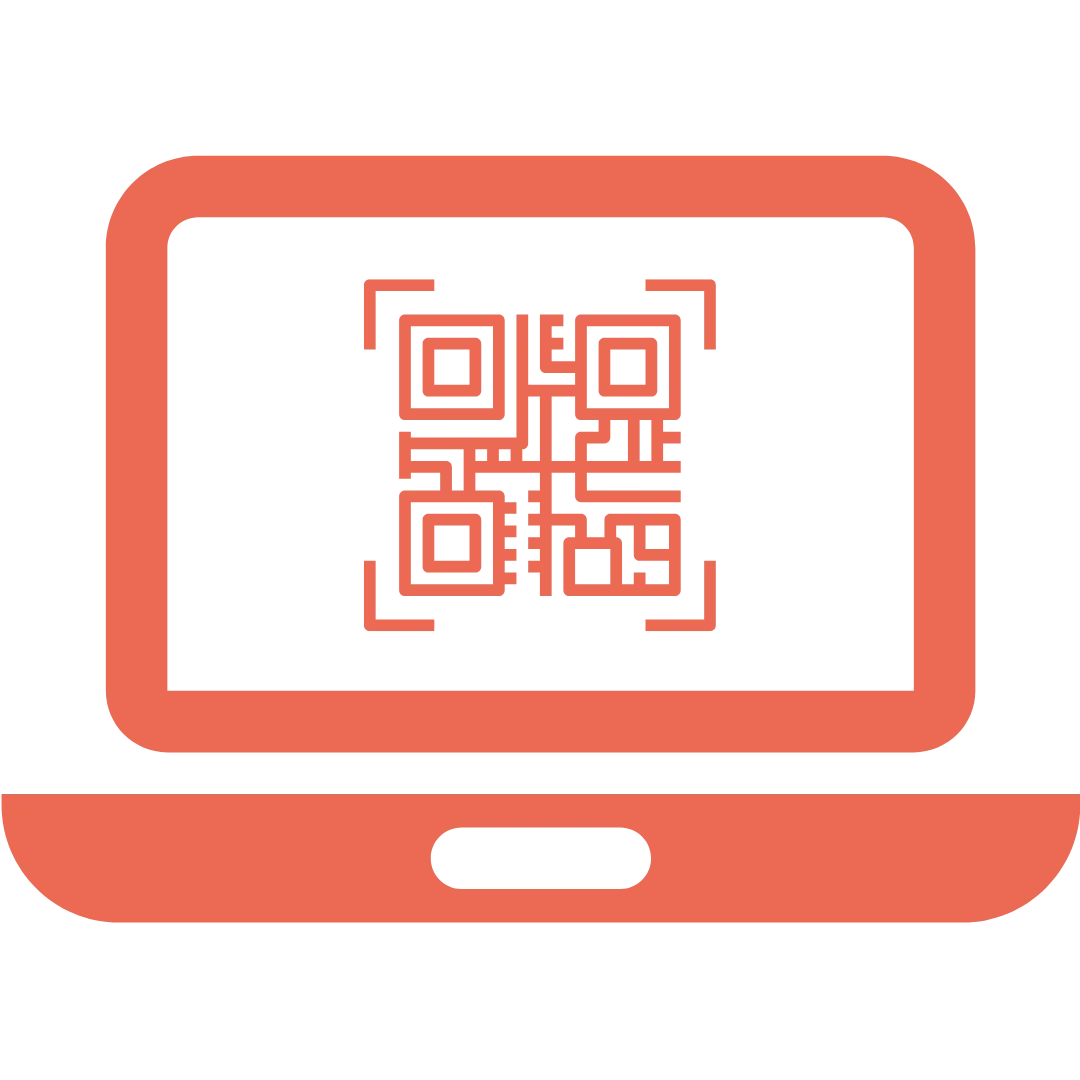
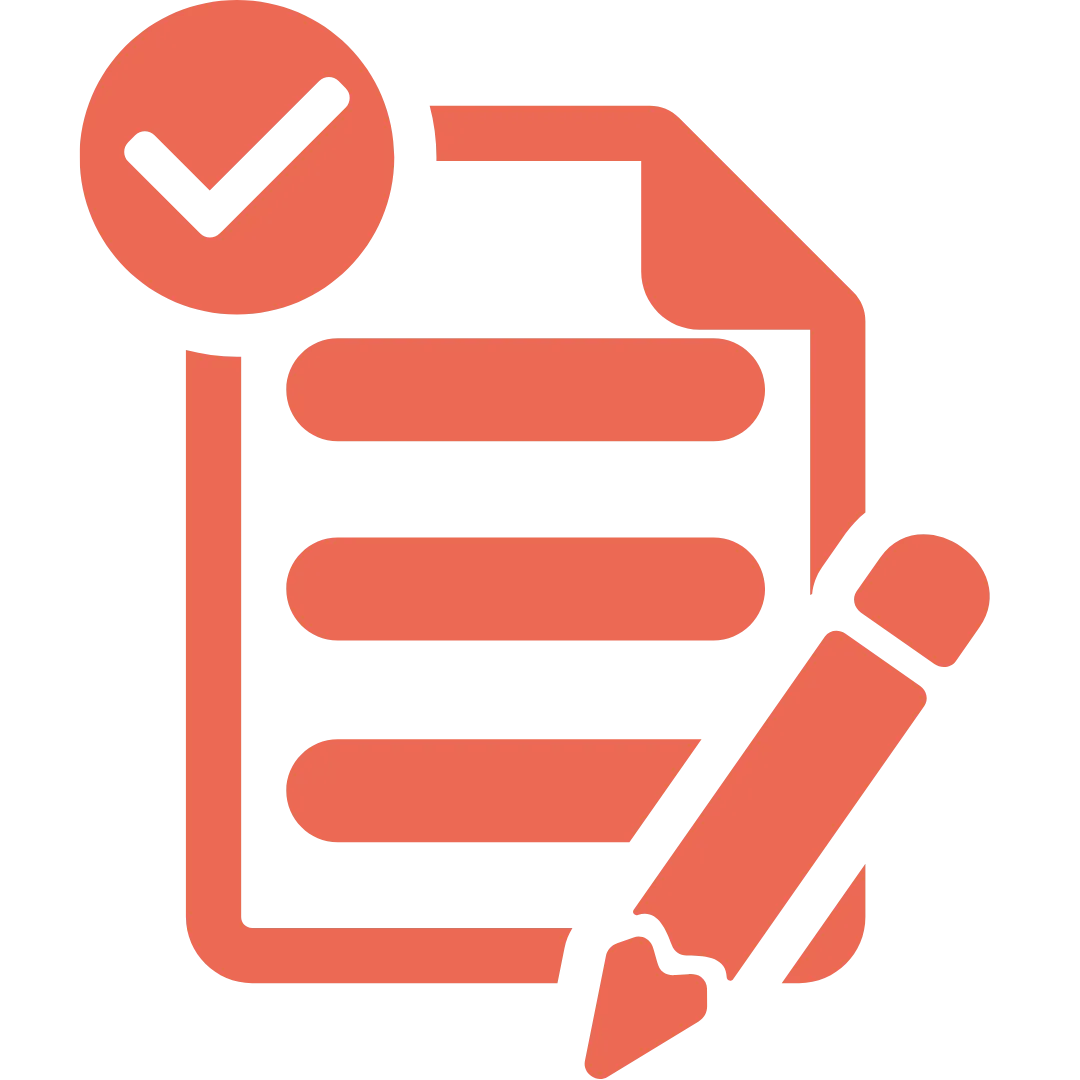
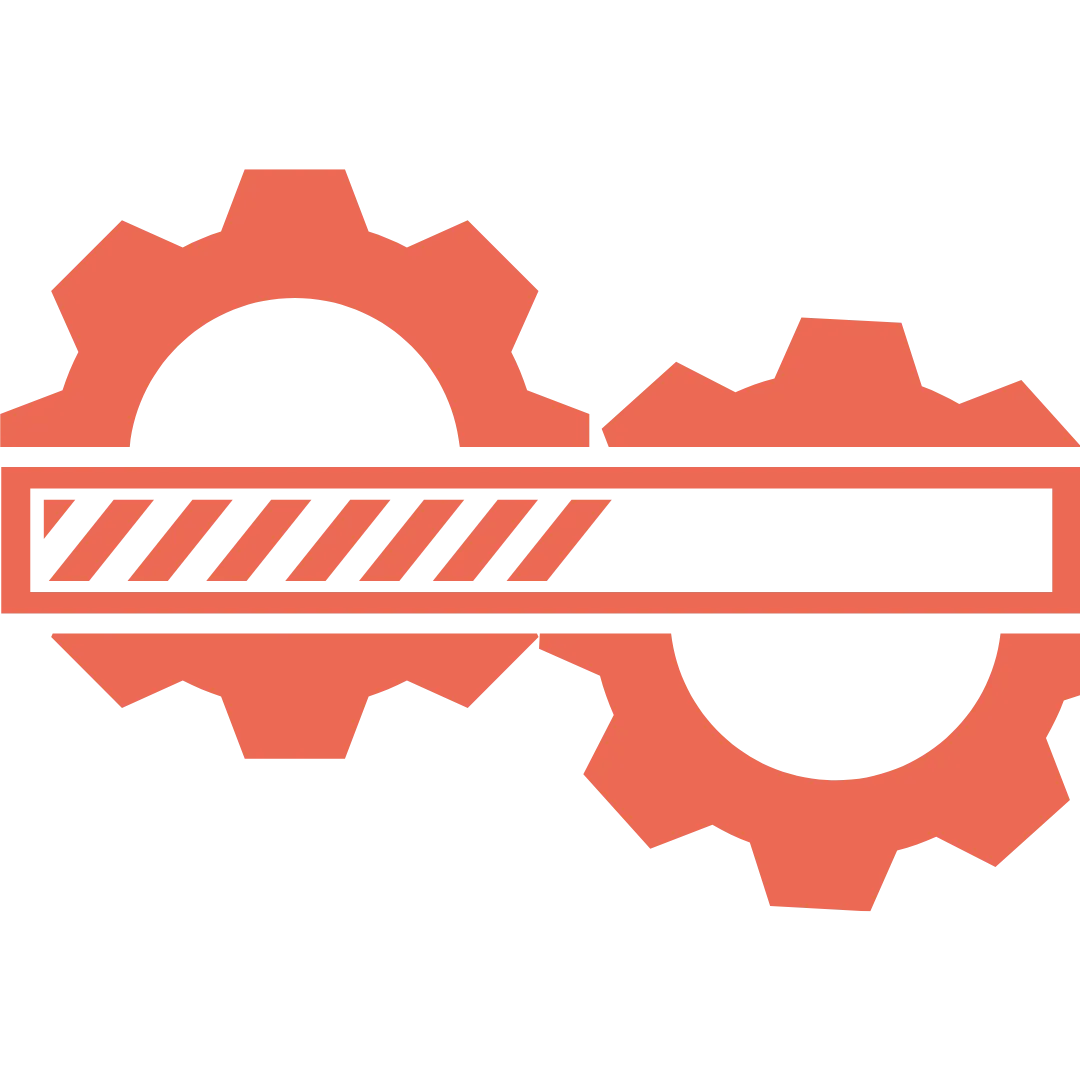
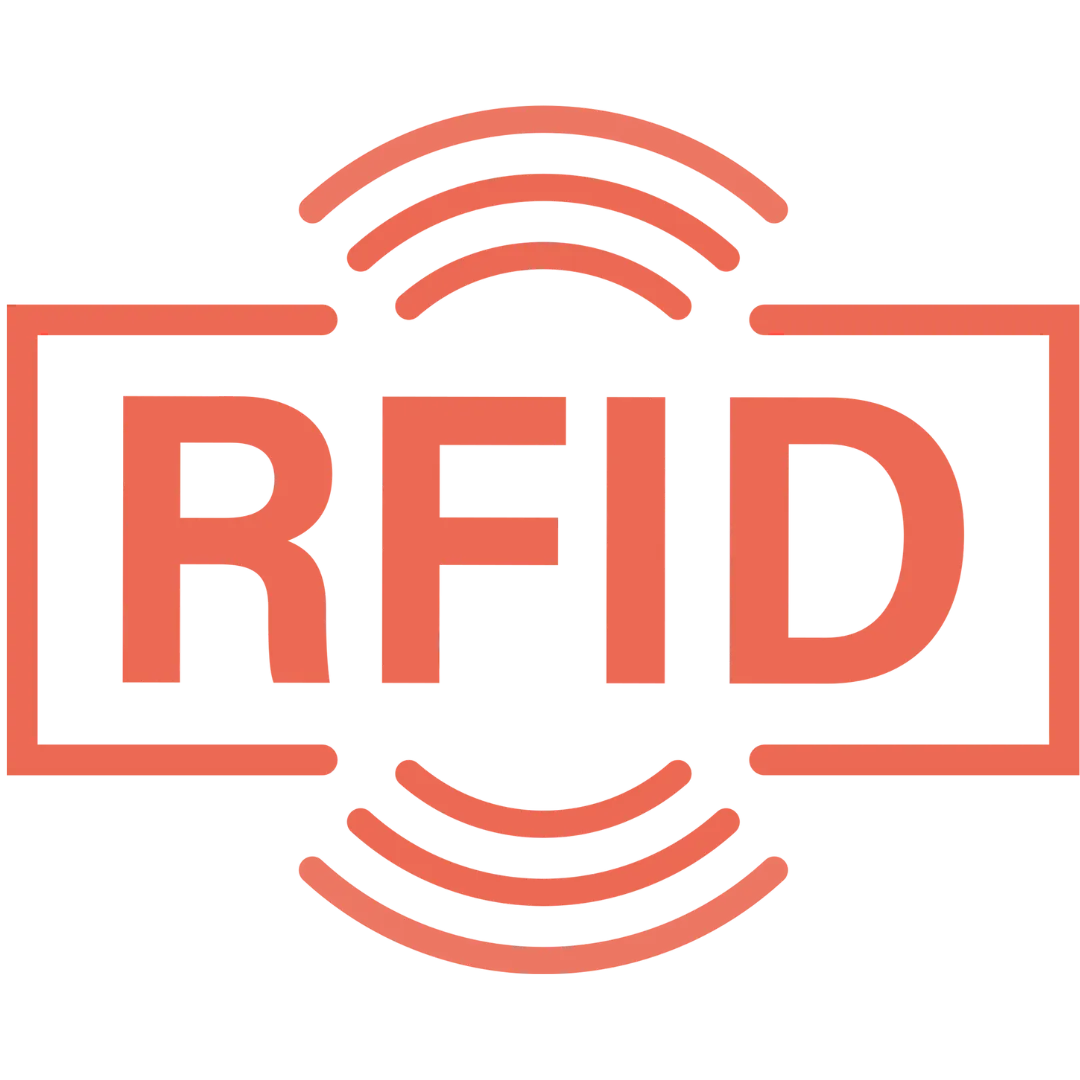
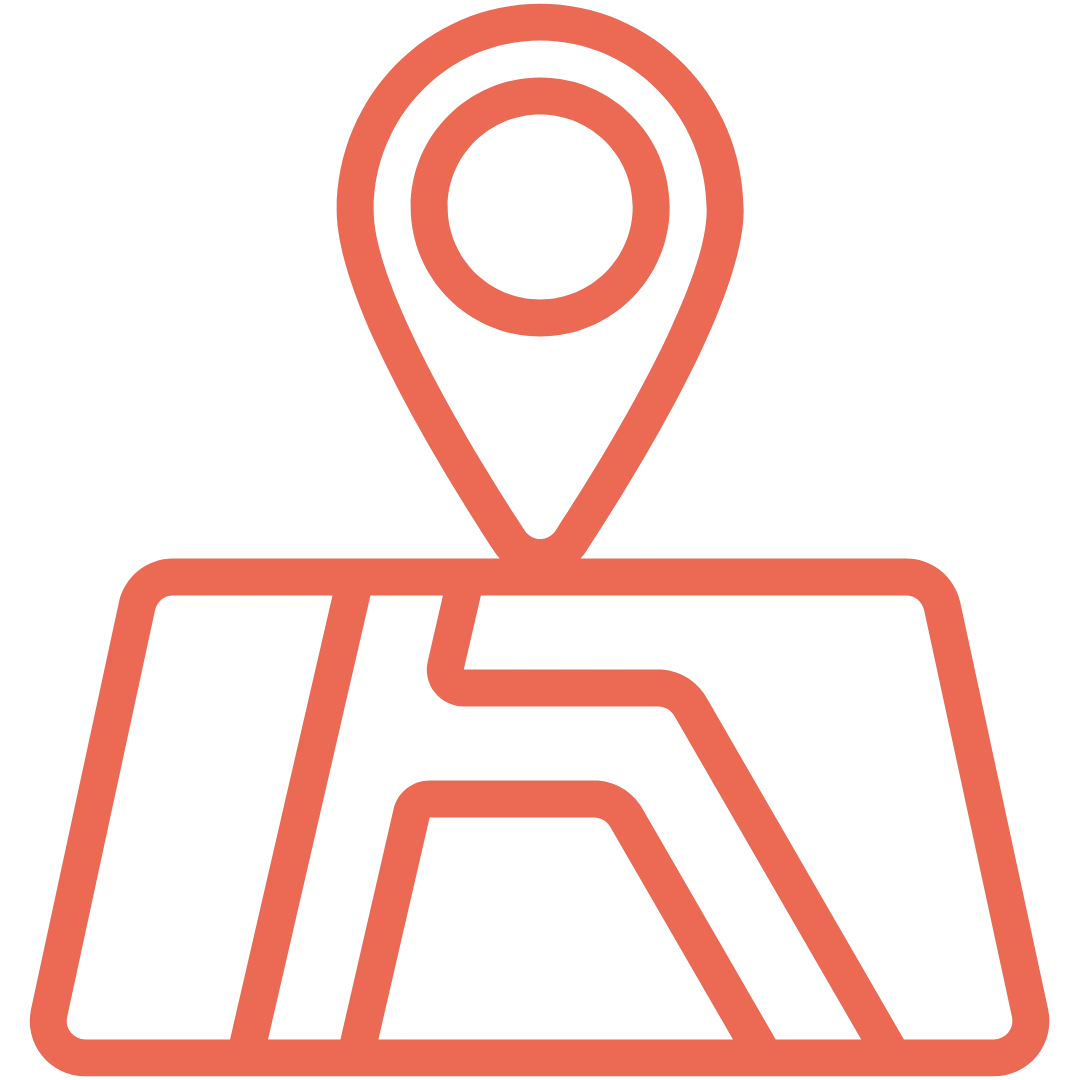
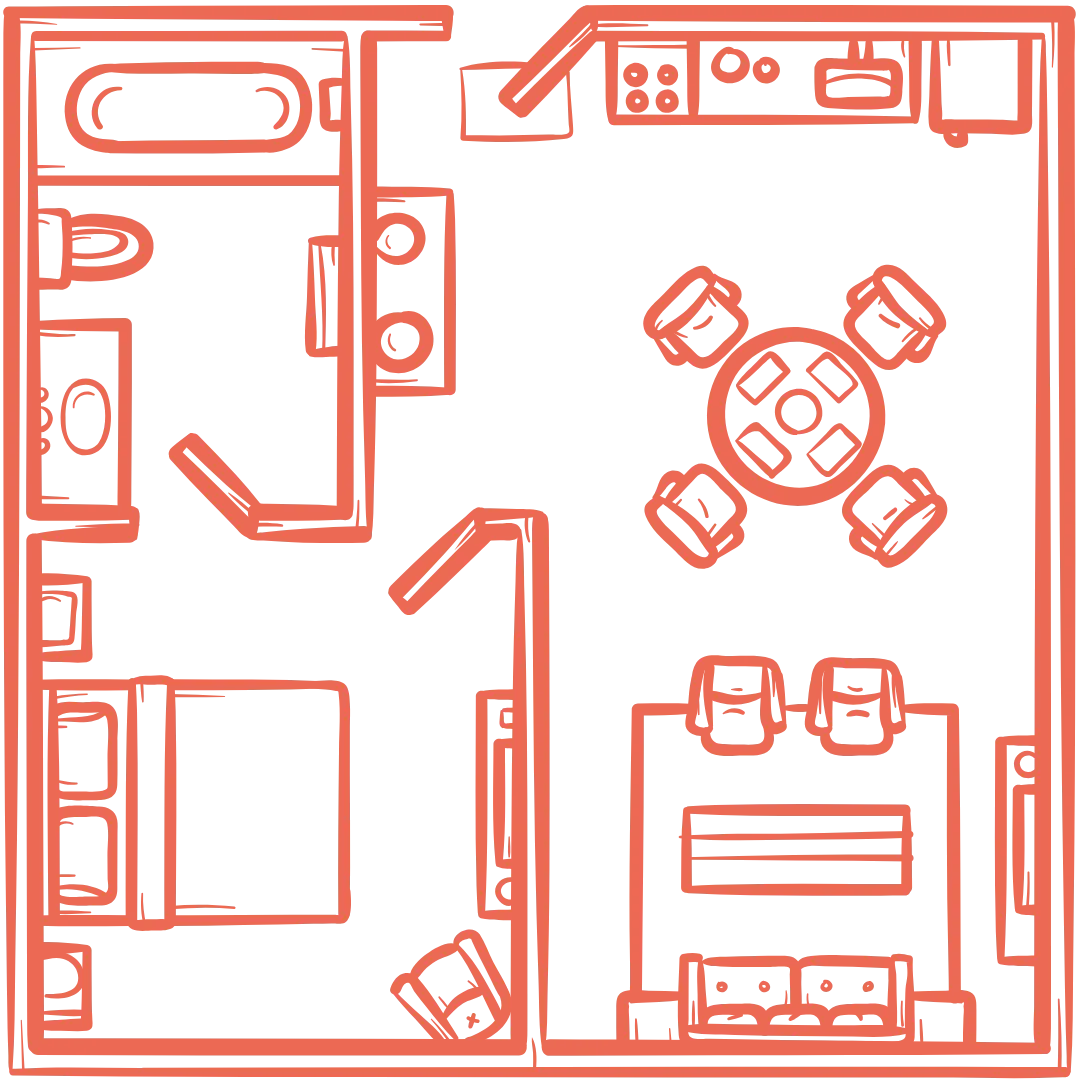




























.webp)
.webp)
.webp)
.webp)
.webp)
.webp)
.webp)
.webp)
.webp)

.svg)




.webp)
.webp)
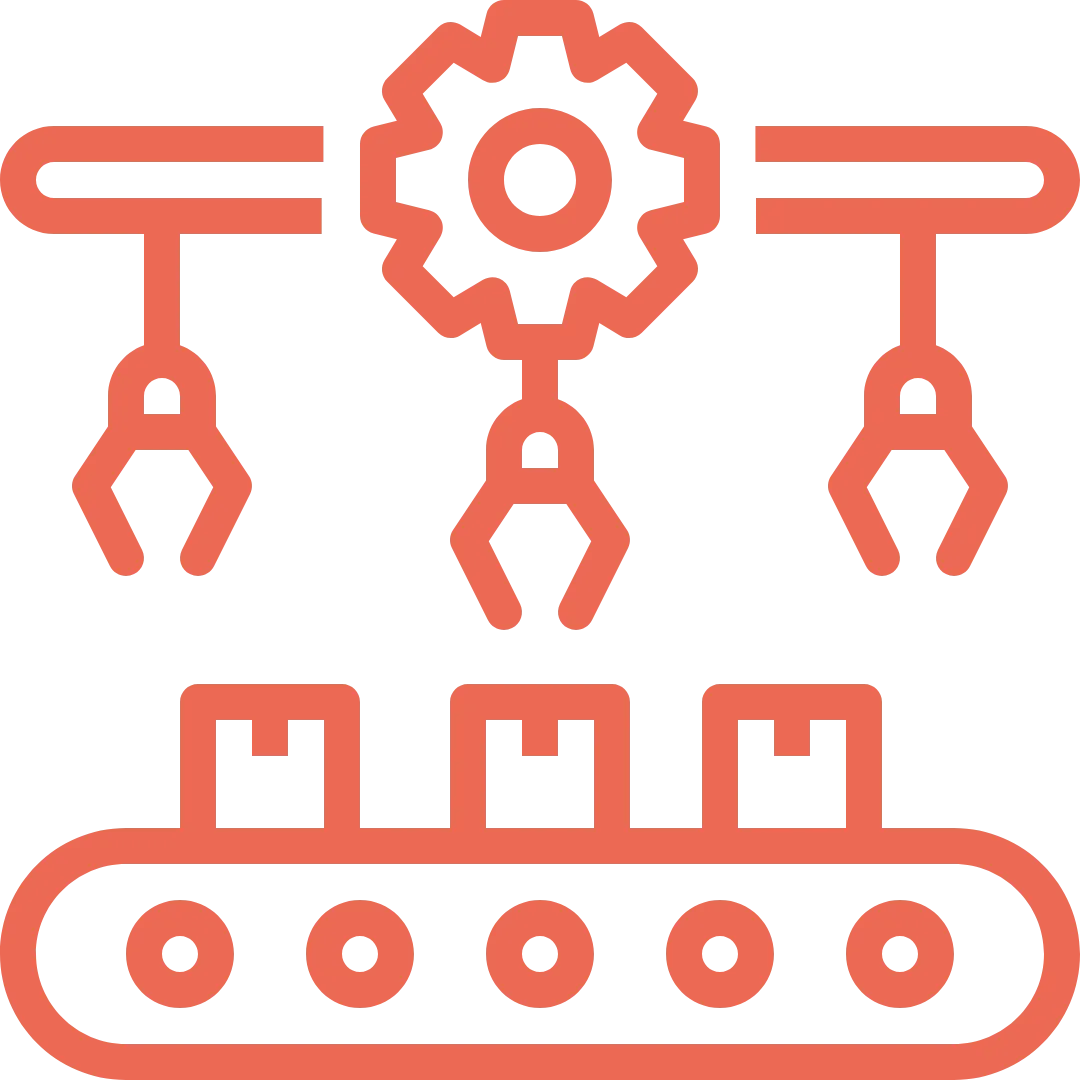





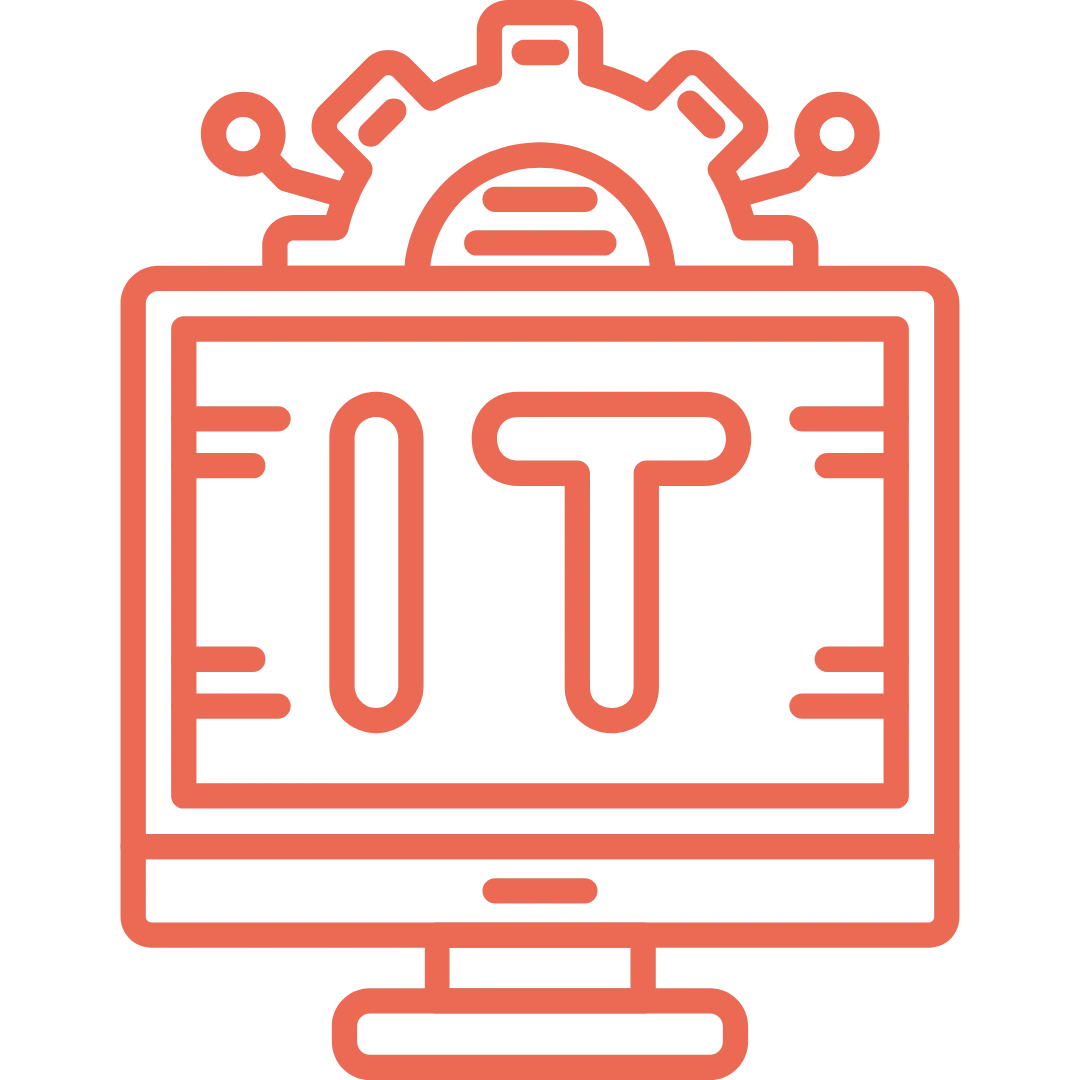







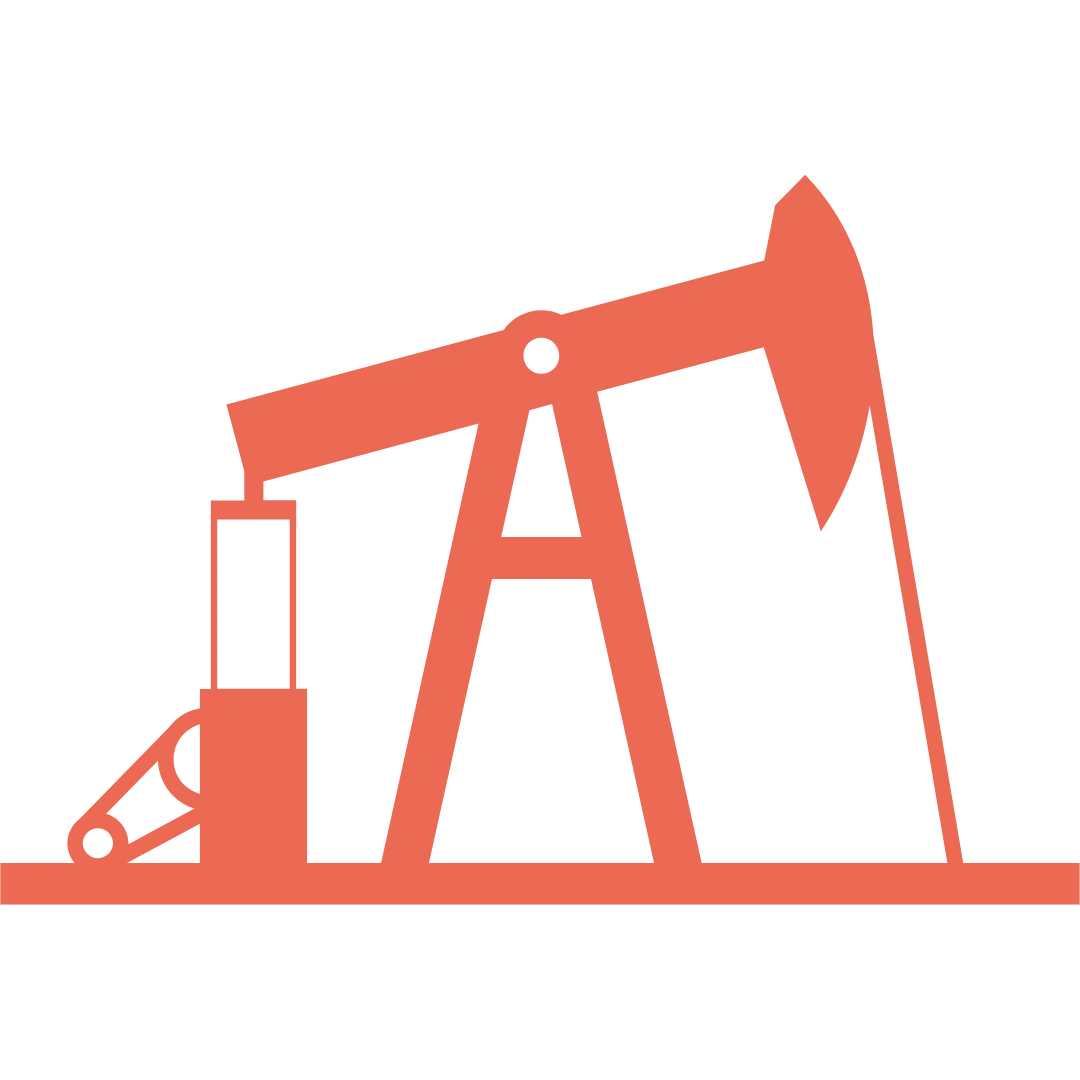


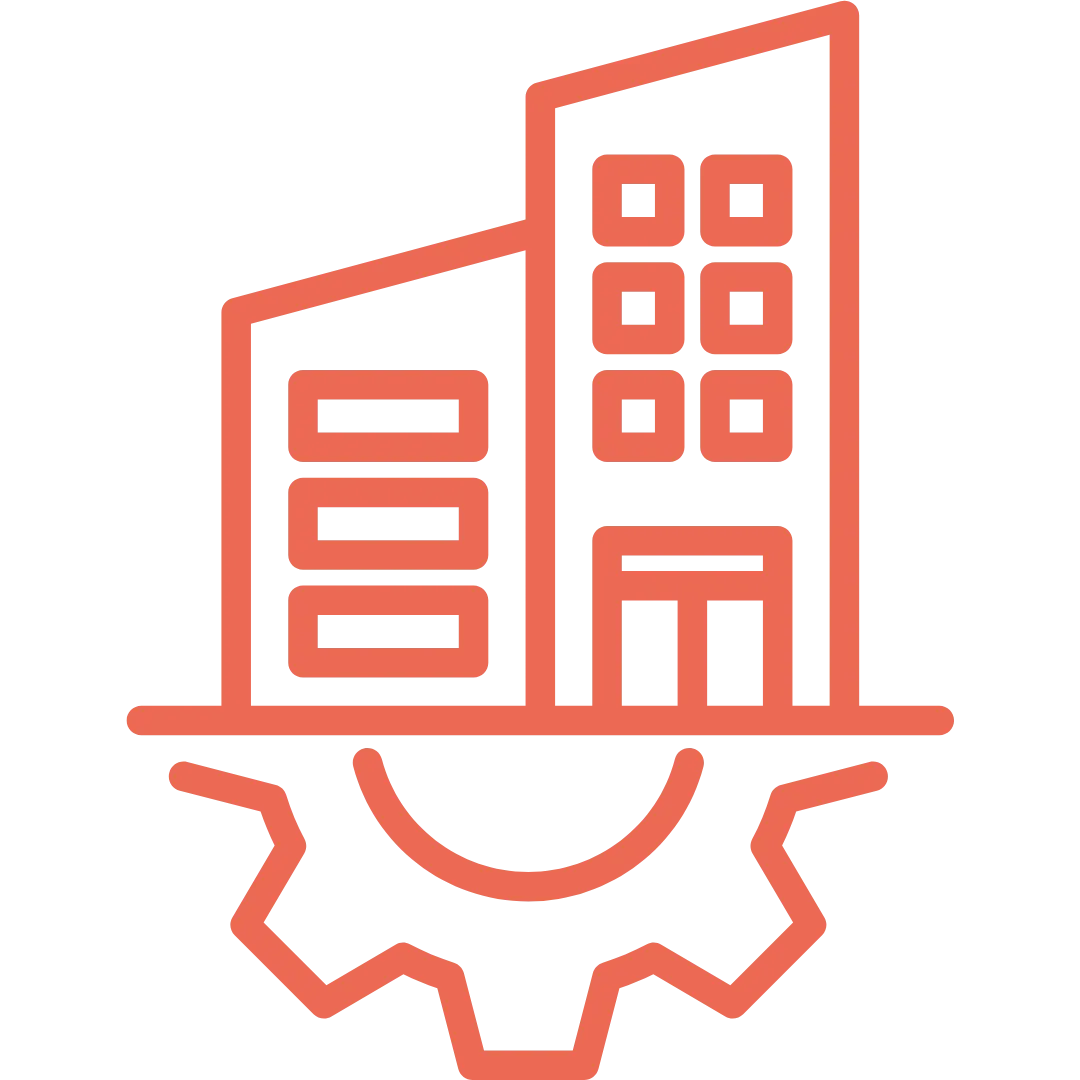
















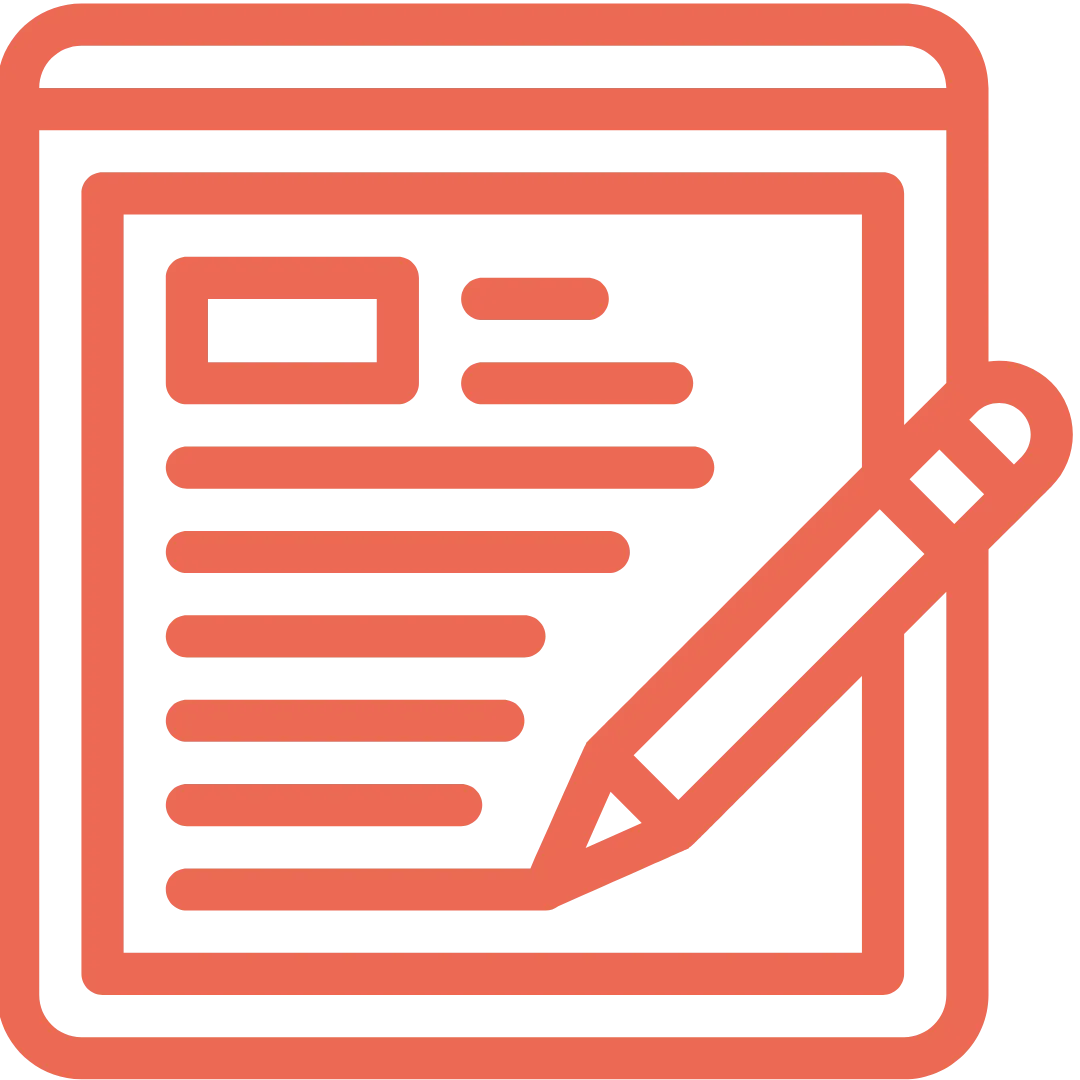








.png)



.webp)

















